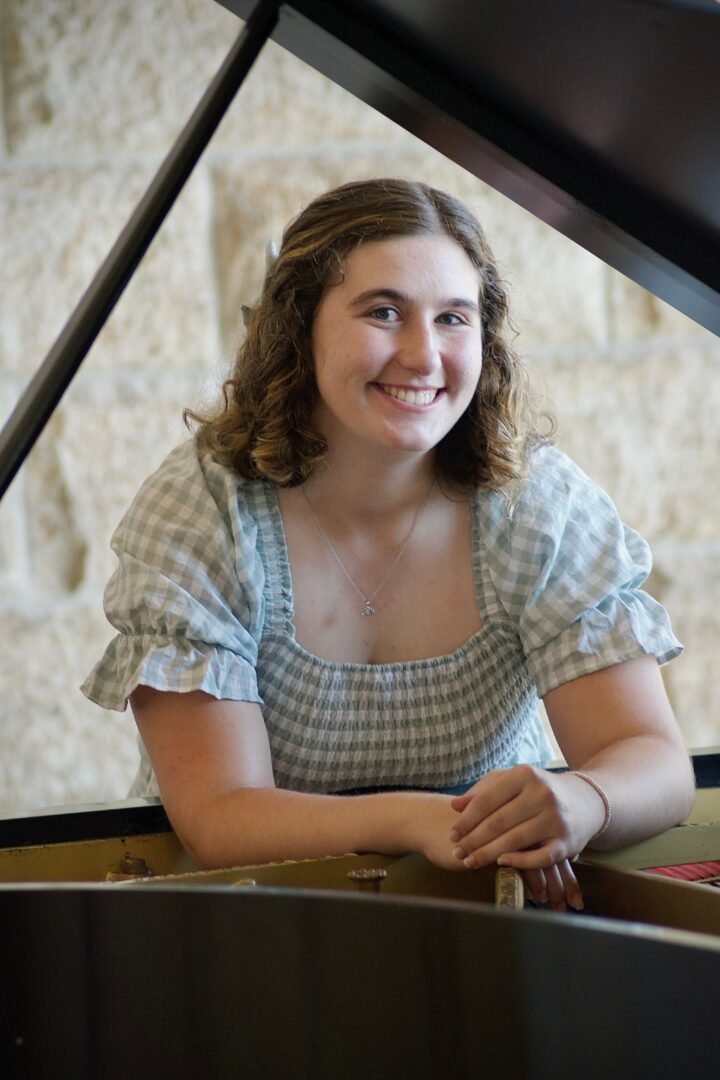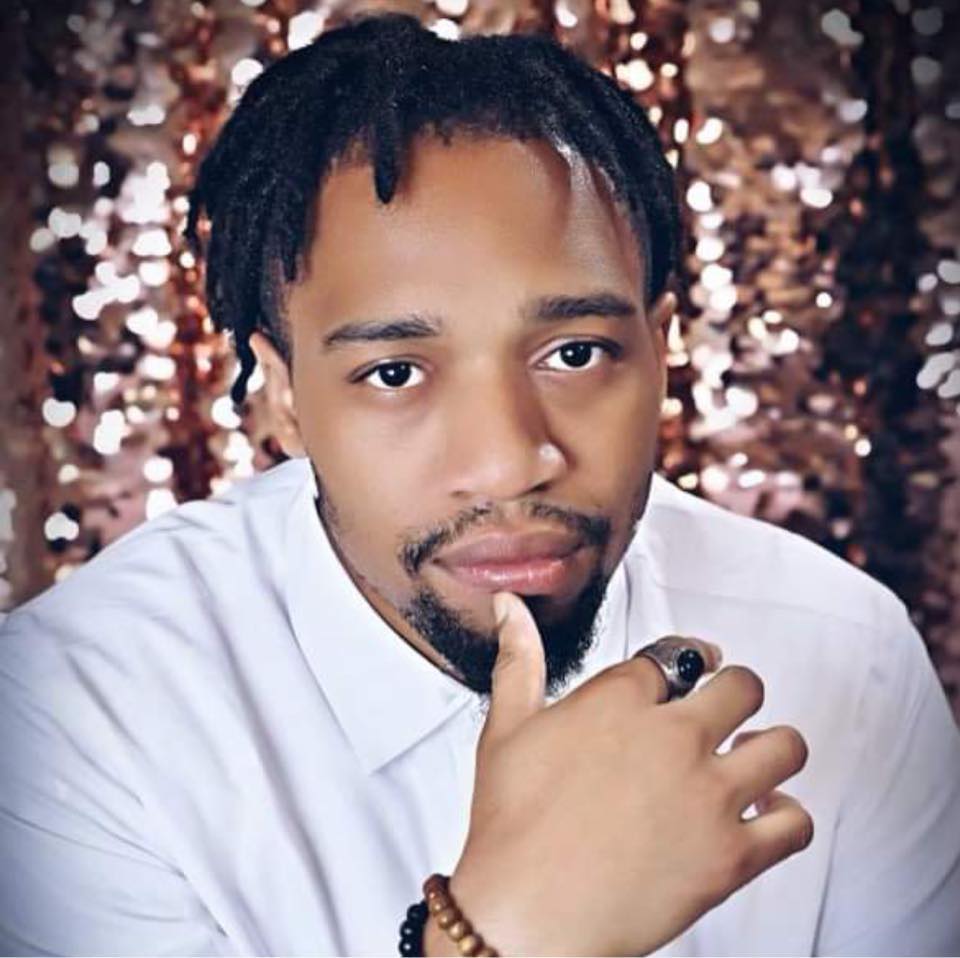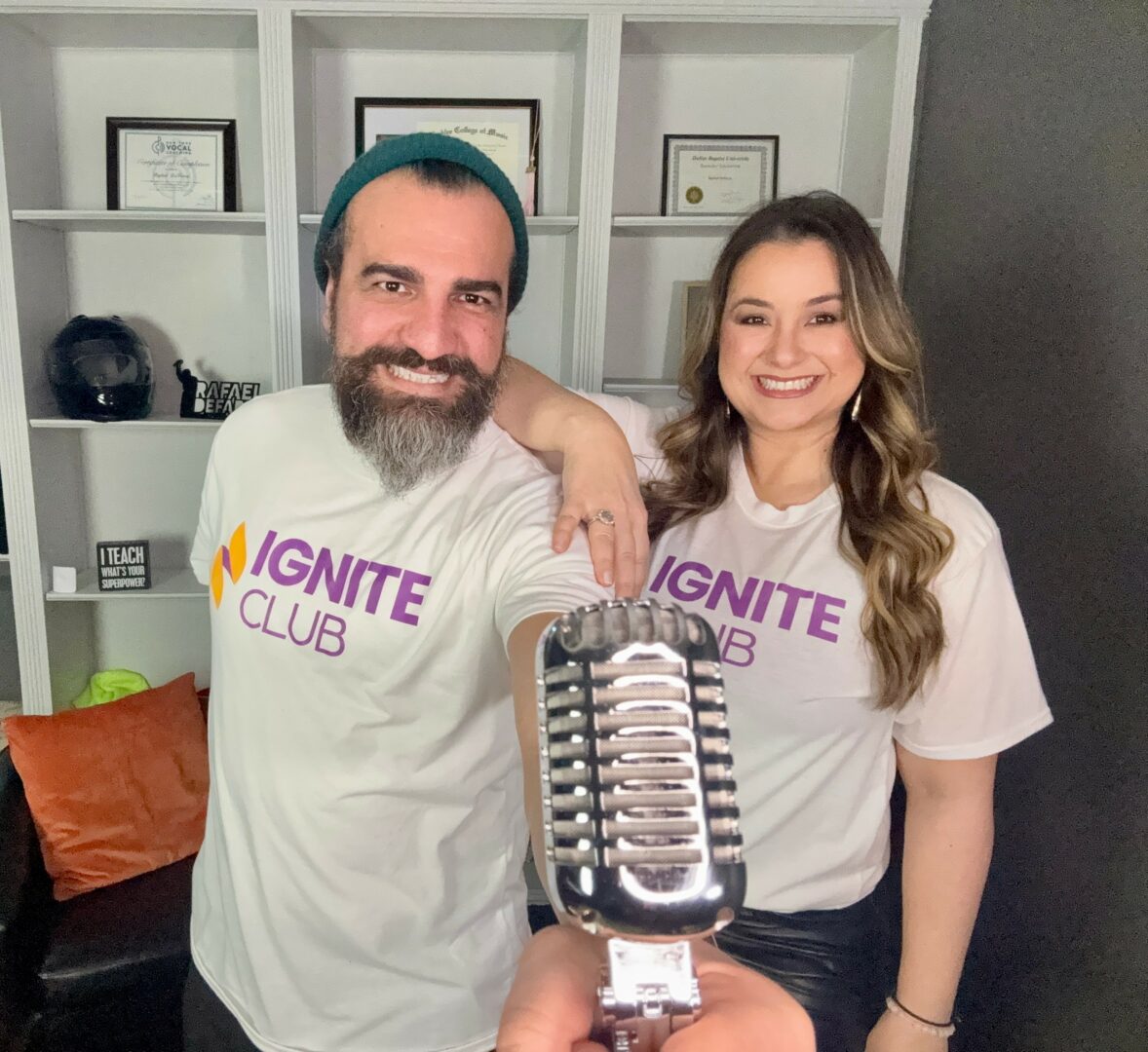We recently connected with Grace Colangelo and have shared our conversation below.
Hi Grace, thank you so much for opening up with us about some important, but sometimes personal topics. One that really matters to us is overcoming Imposter Syndrome because we’ve seen how so many people are held back in life because of this and so we’d really appreciate hearing about how you overcame Imposter Syndrome.
It took quite a while for me to overcome imposter syndrome, and it’s something I’m still working on, to be honest. I graduated high school in a class of 36 and was the only one continuing music after graduation, so I was used to being the “music girl”. Getting to college was totally different. It was refreshing to be surrounded by people who were also nerdy about music theory and history, but it was also a reality check that I wasn’t the only one anymore. I felt this constant need to prove myself, especially as a composer. A little bit of pressure drives hard work but too much was weighing me down. Eventually I started to realize that I need to trust the facts and not my personal feelings. I got admitted to colleges based on my portfolio, people wouldn’t compliment my work if they didn’t mean it, and most importantly, I enjoy my own compositions. I also try to remind myself that everyone follows a unique path and each person’s success looks different. I still can be too hard on myself sometimes, but the more that I find joy in my own voice, the more I am able to trust myself and the process.
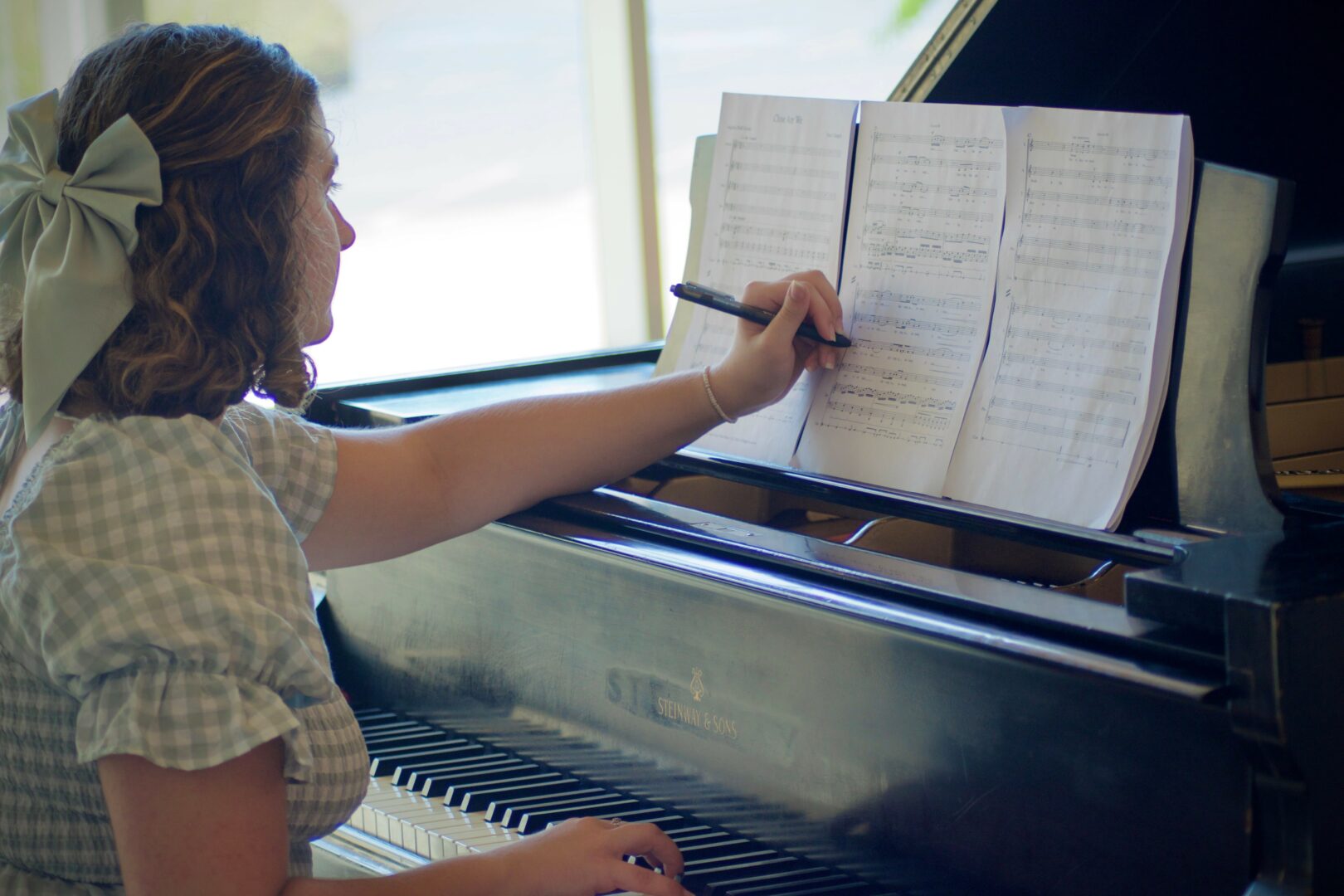
Great, so let’s take a few minutes and cover your story. What should folks know about you and what you do?
I am a contemporary classical composer from the Washington, D.C. area, and am currently a third-year undergraduate student at Nazareth University. I write both commissions and freelance works and I tend to focus on vocal, choral, and chamber music. My goal is to reshape raw emotion, beauty, and the human experience into musical form. As I write, I draw inspiration from nature and emotion, as well as Romantic, minimalist, and folk musical styles. Aside from my own creation, I am passionate about connecting younger generations of listeners to both traditional and modern classical music, as well as amplifying the voices of marginalized and overlooked composers.
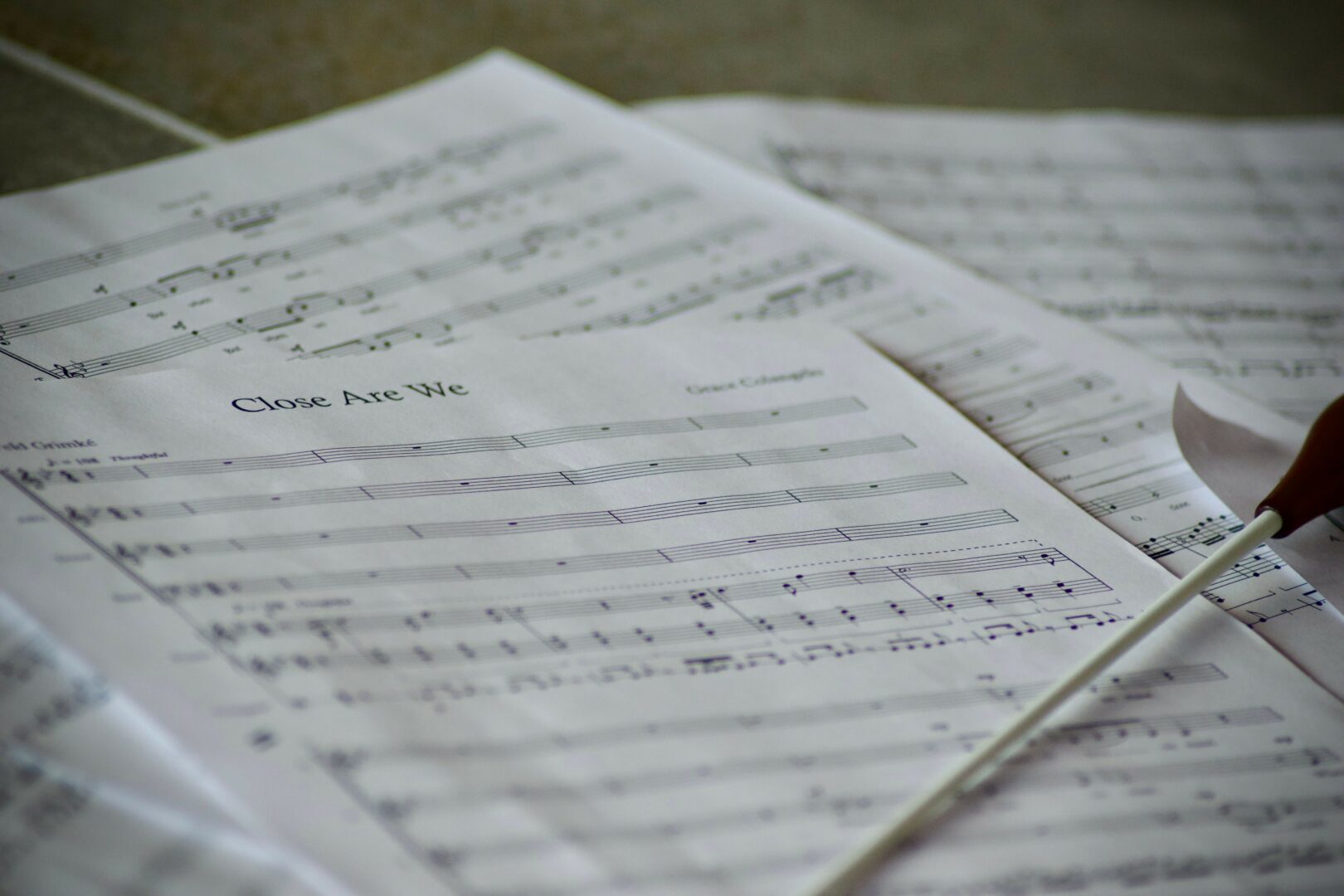
If you had to pick three qualities that are most important to develop, which three would you say matter most?
When I was first starting as a composer, curiosity was the biggest thing that drove my work. I wanted to learn about every style, chord, technique–I still do! Even if it’s something that won’t apply to me right now, having the knowledge available is such a powerful tool. When I first learned about chord structures I didn’t see a need for them, but now I use them every day. Asking questions and a genuine interest in your studies goes a long way.
I also found that an open mind will open doors. I go into every lesson and masterclass hoping to learn something about music or myself. Sometimes it can sting to have your work ripped apart and dissected, but I try to get involved in the process. Asking “how would you fix that?” or “I don’t like this section, how could I change it?” shows a commitment to improvement. After all, if you aren’t open to feedback, you’re never going to know how to get better and reach more people with your work.
Authenticity is another quality that I’m still working to develop. It can be so hard to dig into the most personal places in yourself and put them out into the world, which is exactly what composers are often trying to do. Pouring your heart and emotions onto a page in the form of little ink splotches is daunting, but I’m starting to realize that it creates the most beautiful music. I find that authenticity is important in regular interactions, too. The commissions I’ve gotten thus far have been a result of personal connections and being myself. I used to throw myself at any possible career opportunity, but now I try to reflect on whether it’s actually best for me and my own goals before applying for a festival or taking on a project.
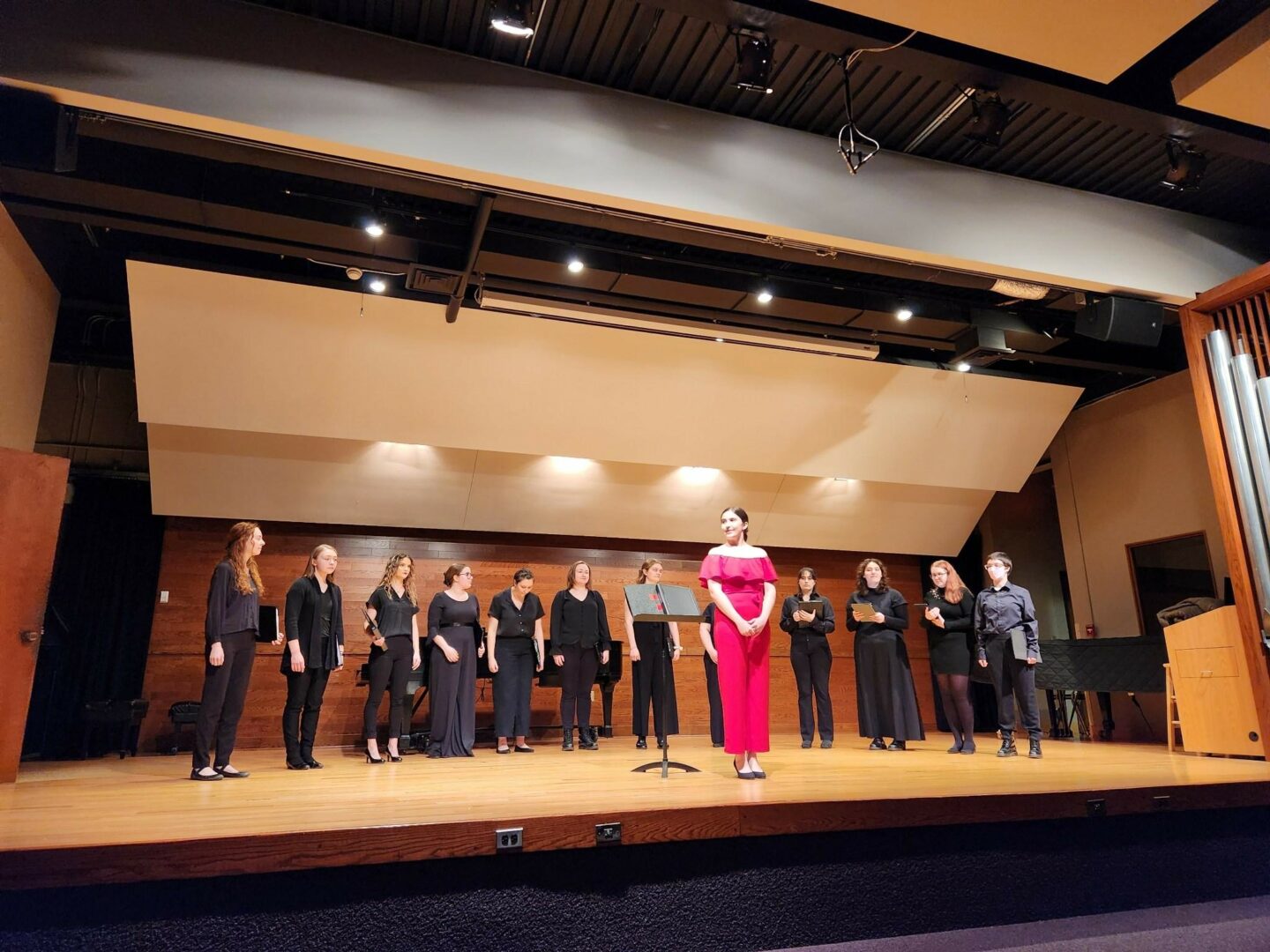
What has been your biggest area of growth or improvement in the past 12 months?
In the last year, I’ve had some pretty dramatic ups and downs, even almost giving up on composing in a moment of dramatic desperation (which is almost funny to look back on now). Since then, I’ve really been able to start trusting myself in my work and finding my own voice. I’ve stopped trying so hard to mold myself and my music into something that other people will enjoy and have started writing pieces that bring me joy and fulfillment. I’m working on projects that reflect me and my own story more than anything else, which has been really freeing to explore. My personal style has really started to flourish and I’ve actually found that people like my work even more when they can sense that it’s something I’ve put passion and myself into.
Contact Info:
- Website: https://www.gracecolangelo.com/
- Instagram: @grace.notes
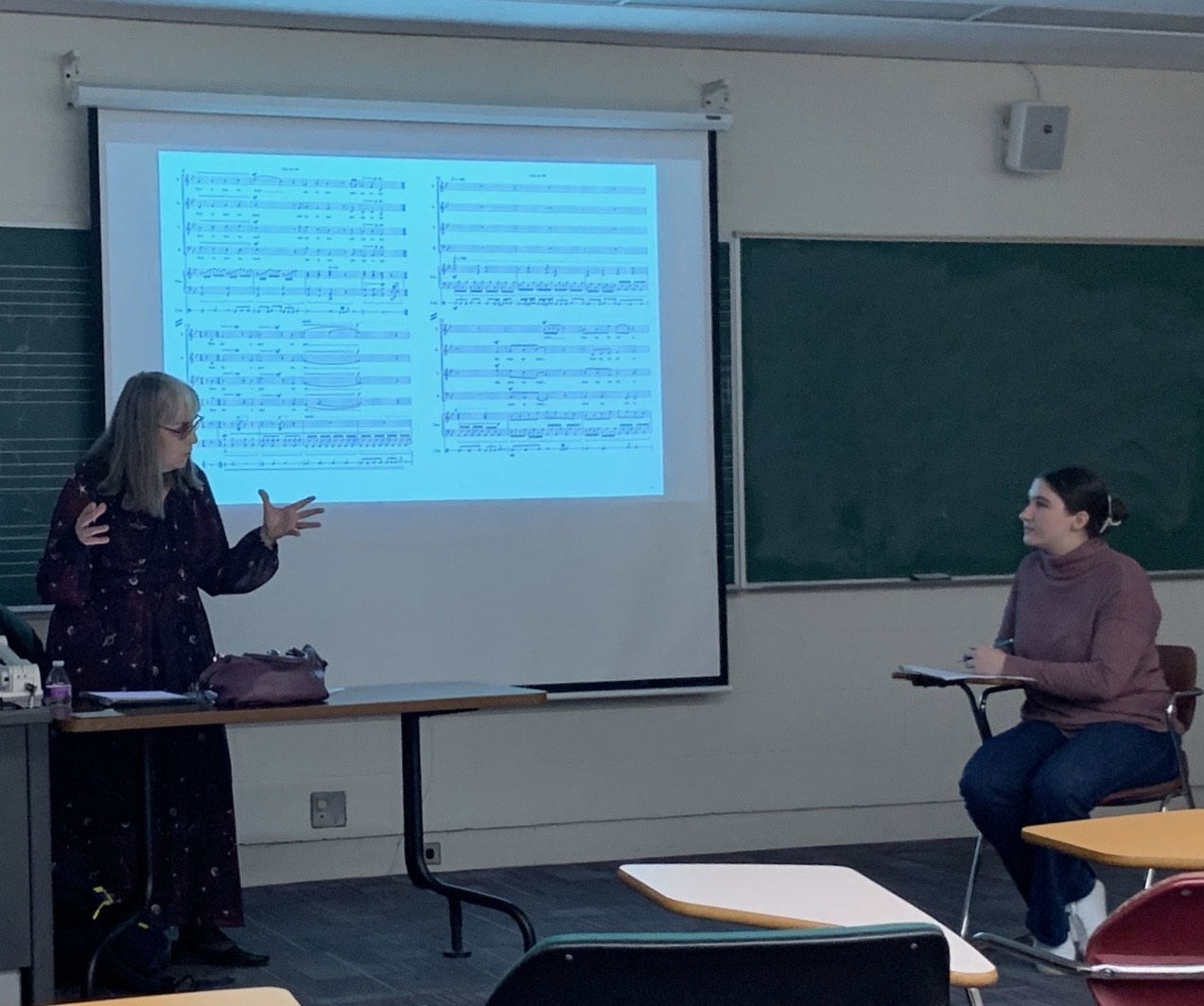
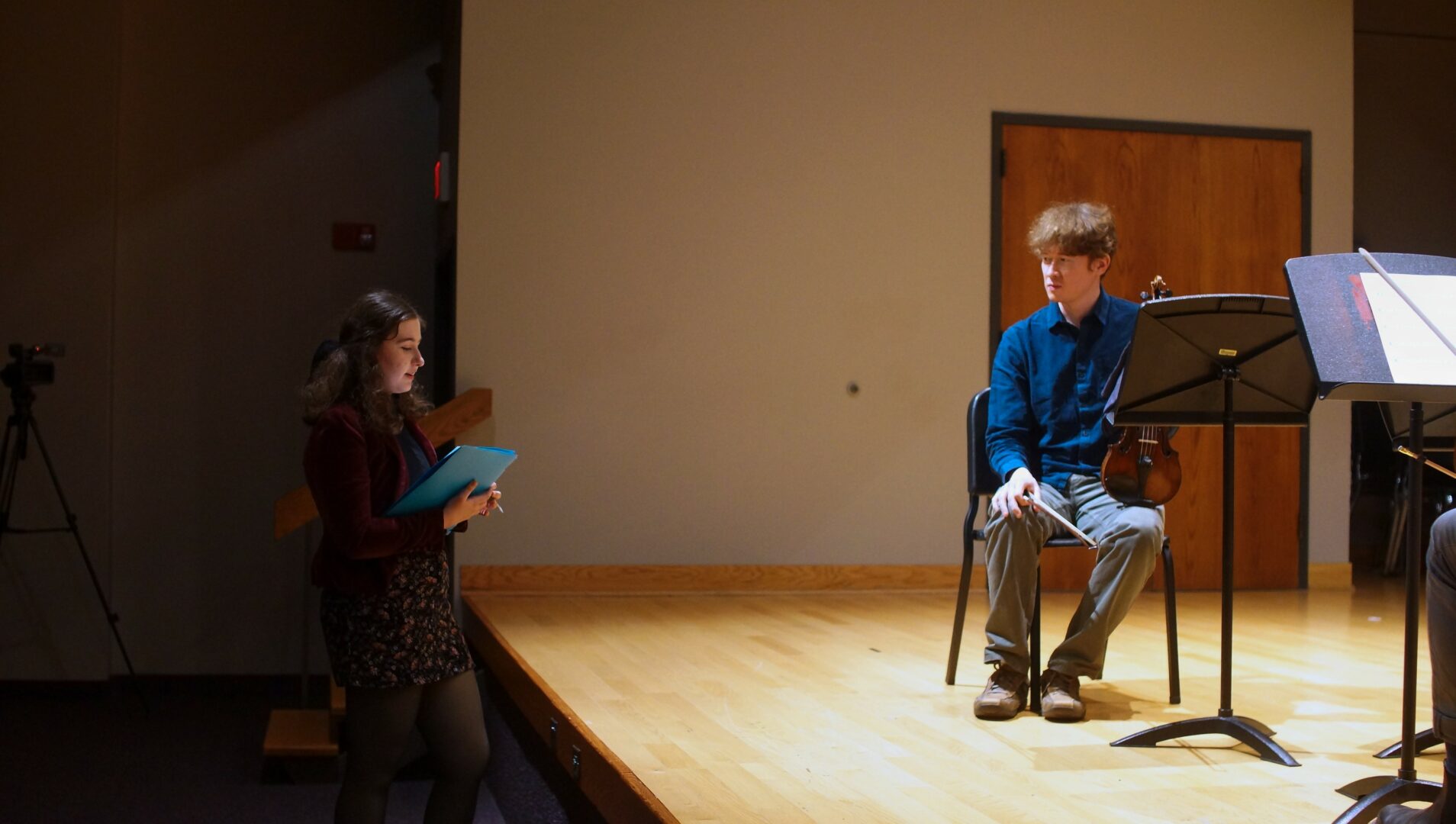
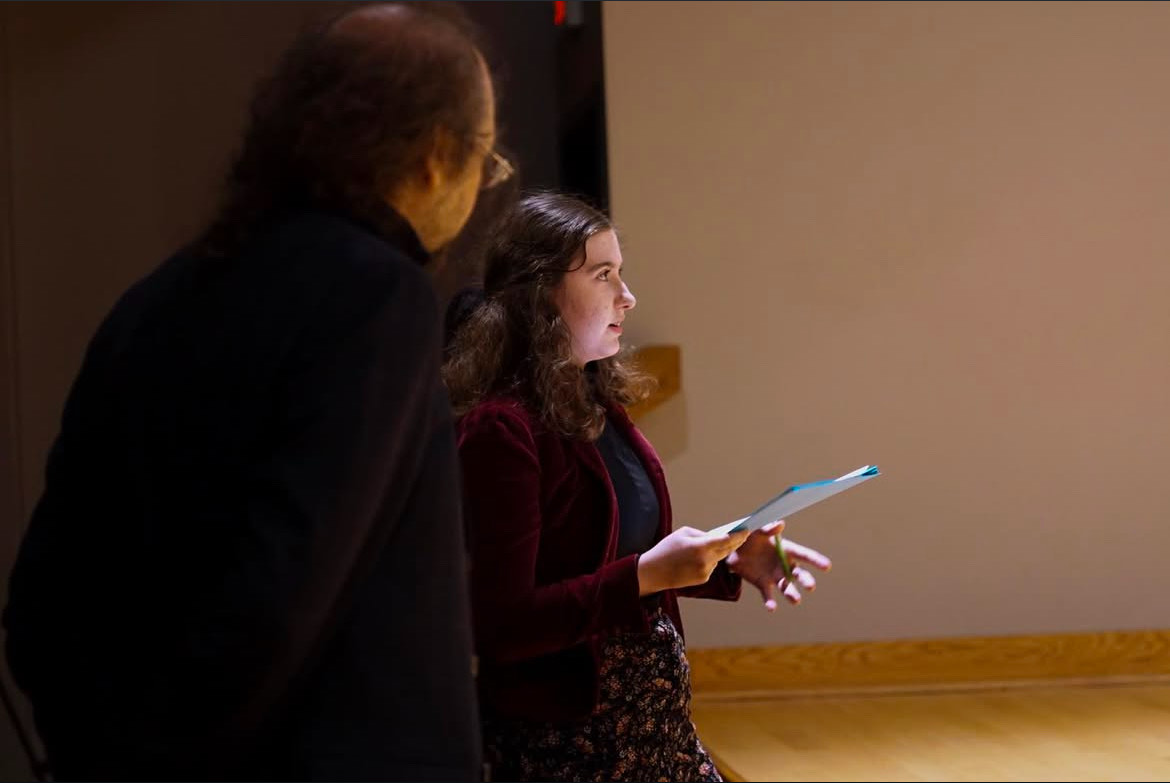
Image Credits
Selena Ortiz
Paul H. Gaston
so if you or someone you know deserves recognition please let us know here.

